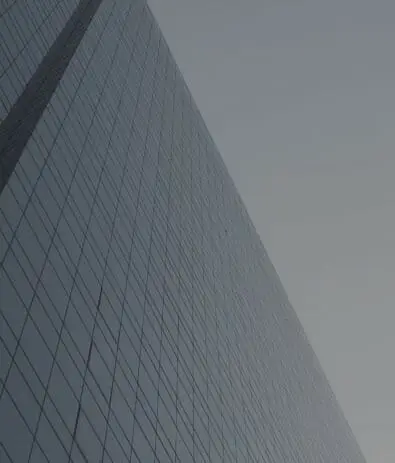In this article, Adam Stein-Sapir of Pioneer Funding, LLC, provides insights into the unusual move of a lender filing for involuntary bankruptcy against a developer.
Article Link: https://commercialobserver.com/2017/11/lender-moves-push-defaulting-soho-developer-into-bankruptcy/
Summary
Churchill Credit Holdings has initiated an involuntary bankruptcy petition against 74 Grand St. Equities, the developer of a Soho lot, claiming nearly $14 million in unpaid loans. The lot, intended for a residential condominium with retail space, remains undeveloped, and the developer has missed payments since August. The bankruptcy filing, considered an unusual step compared to foreclosure, may have been influenced by an ownership dispute involving the property. Adam Stein-Sapir, not involved in the case but experienced in bankruptcy investments, suggests that the ownership issues could complicate a foreclosure sale. The developer now has time to propose a reorganization plan, with the possibility of extensions due to the debtor-friendly nature of U.S. bankruptcy law.
- Churchill Credit Holdings filed for involuntary bankruptcy against 74 Grand St. Equities over a $14 million debt.
- The developer’s property is undeveloped and its value is less than the owed amount.
- The bankruptcy filing may be a strategic move due to an ongoing ownership dispute, potentially complicating foreclosure proceedings.
Q&A
What is involuntary bankruptcy and why is it considered unusual in this case?
Involuntary bankruptcy is a legal process initiated by creditors when a debtor fails to pay their debts. It is unusual in this case because lenders typically opt for foreclosure to recover funds, but Churchill Credit Holdings chose bankruptcy possibly due to an ownership dispute, which could make foreclosure more complex.
How does an ownership dispute affect the decision to file for bankruptcy instead of foreclosure?
An ownership dispute can create legal uncertainties and complications during a foreclosure sale. As Adam Stein-Sapir speculates, such disputes could present issues for the lender, making involuntary bankruptcy a more strategic option to address the debt while resolving ownership questions.
What options does the developer have after an involuntary bankruptcy petition is filed?
After an involuntary bankruptcy petition is filed, the developer has a period of time, usually a year and a half, to propose a reorganization plan to address the debts and restructure the company. However, as Adam Stein-Sapir notes, the U.S. bankruptcy code allows for many extensions, which can prolong the process. For more information on bankruptcy proceedings, visit Pioneer Funding LLC.


